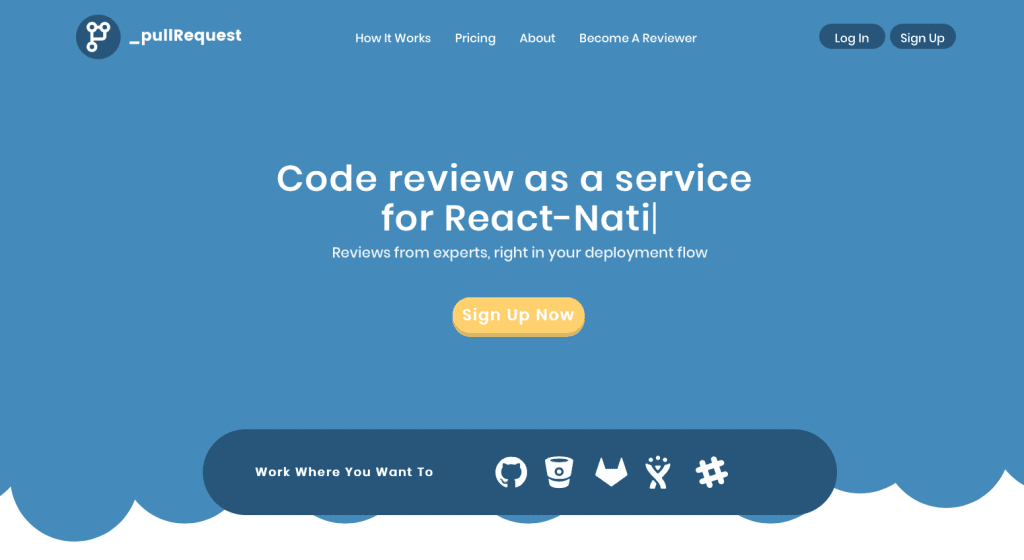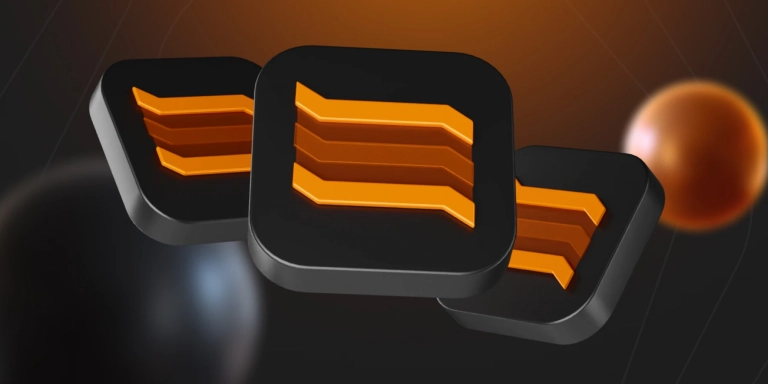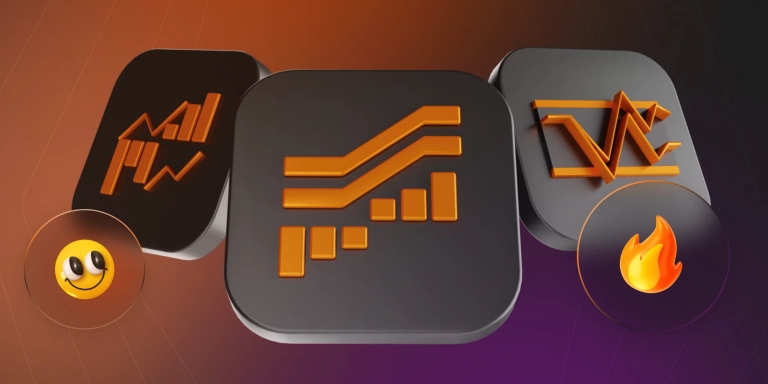Twice a year, on Demo Day, the latest batch of Y Combinator-funded founders present their companies to a room full of specially selected investors and press. “Demo Day” is actually two days. “Investor Day” takes place on the third day and is a full day of meetings between companies and investors.
In essence, Y Combinator provides seed funding for startups – the earliest stage of venture funding. In other words, it pays startups expenses while they’re getting started.
Three the most important things Y Combinator does, are:
- work with startups on their ideas;
- help founders deal with investors and acquirers;
- get startups incorporated properly with all the standard paperwork, avoiding legal time-bombs that could cause serious hassles and delays later.
Biotech and artificial intelligence have emerged as the top startup trends at Y Combinator‘s 25th Demo Day held during August 21-23.
Here’s a look at our picks of the 7 best of nowadays’s startups that presented on the record at Demo Day 1 of 2.
1. Zendar – High definition radar that allows self-driving vehicles to see in all weather conditions
Zendar develops high-definition radar for autonomous vehicles. Today, autonomous vehicles rely on two main technologies: Lidar and traditional radar.
Lidar can see in high definition, but does poorly in bad weather, while radar is great in bad weather conditions, but can’t see in high resolution.
Zendar seeks to provide high-res imagining for self-driving cars in bad weather, allowing all-weather autonomy. In the next three years, Zendar says there will be 10 million autonomous vehicles made, and it’s hoping to be used by as many as possible.
2. Pyka – Self-driving personal aircraft
Pyka wants to make “flying cars” a reality with its auto-piloting single-person planes.
The company has already built a 400lb plane that flies itself, can take off and land in 90 feet. But since regulators want to see tons of testing before allowing humans aboard, Pyka has developed a placeholder business doing crop dusting in New Zealand. That helps it earn $600 per hour while logging the hours necessary to prepare for the human transportation market.
Crop dusting alone is a $1.5 billion business in the US. But with employees from Zee airplanes and Google’s Waymo, Pyka aims to become a first-mover in self-flying personal planes.
3. Modular Science – Outdoor robot farming
Elon Musk may be concerned about robots taking over the world, but Modular Science just wants robots to farm our vegetables.
The startup, which currently has robots out in the field in Petaluma, CA, is aiming to automate 99 percent of the processes involved in vegetable farming within the next six months with their specialized farming bots. Modular Science is looking to charge $2,000 per acre, which they say is half of what farms are currently paying to for human labor.
4. Feather – Stylish furniture rental for millennials
It’s 2017 — owning things isn’t cool because owning things is expensive and requires commitment. Feather is rescuing millennials from IKEA agony with its furniture rental service.
By focusing on style, Feather wants to offer furniture that people actually want. The New York-based startup is making about $275 per month, per order. On an average order size of $2,200, Feather earns $830. And the company manages this without actually owning any of its own furniture.
Working alongside a debt capital partner, the startup leases its furniture as a middleman, renting it back to customers at a convenience premium.
5. PullRequest – Code Review Marketplace
The secret sauce of PullRequest lies in automation techniques that allow the startup to do reviews faster and more accurately.
At the end of the day, we will have to face the fact that as software eats the world every company will have to adopt computer science. PullRequest could allow companies without budgets for the best engineers to at least get high-quality code review so their programs don’t break.
6. Cambridge Cancer Genomics – Blood test cancer treatment monitoring
It can take six months before a cancer patient’s doctor knows if the chemotherapy regimen they chose is working, yet 2/3s of treatments fail. Cambridge Cancer Genomics has developed a blood test that can detect failed treatments up to many months faster than standard monitoring, so doctors can switch plans sooner when necessary.
Founded by 4 PhDs with cancer research experience, CGC is also building AI for personalizing cancer treatment using a data set it says is 4X larger than what’s available to the public, as it absorbs data from each medical facility it signs on.
7. Forever Labs – Transplant your stem cells to your older self to combat aging
Forever Labs wants to help users cryogenically freeze their stem cells, allowing them to use those cells to fight their age-related diseases in the future.
Stem cells have been shown to help improve the life of mice by 16%, but the older you get, the less helpful they get in helping to fight disease.
Now, Forever Labs has 20 doctors providing the procedure, but expects to be in every major US market by this time next year. Stem cell banking could be a $56 billion market, the company believes.
Did any of these mind-boggling startups catch your eye?
Stay tuned for YC Demo Day 2, coming up next weekend!
Sources:
https://www.ycombinator.com/
https://techcrunch.com/











































